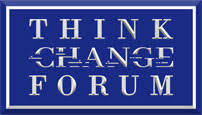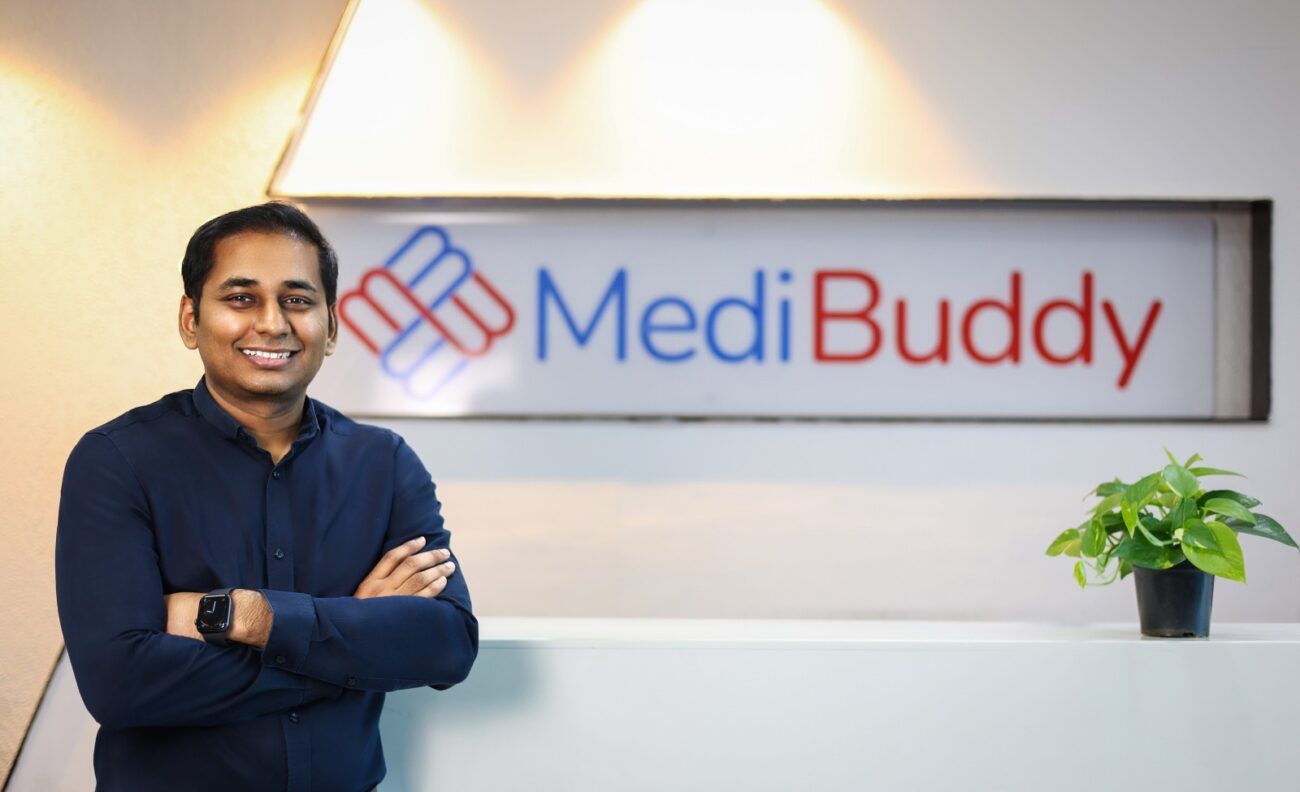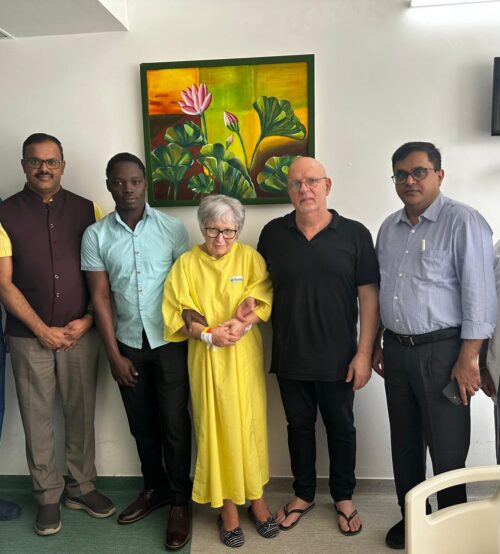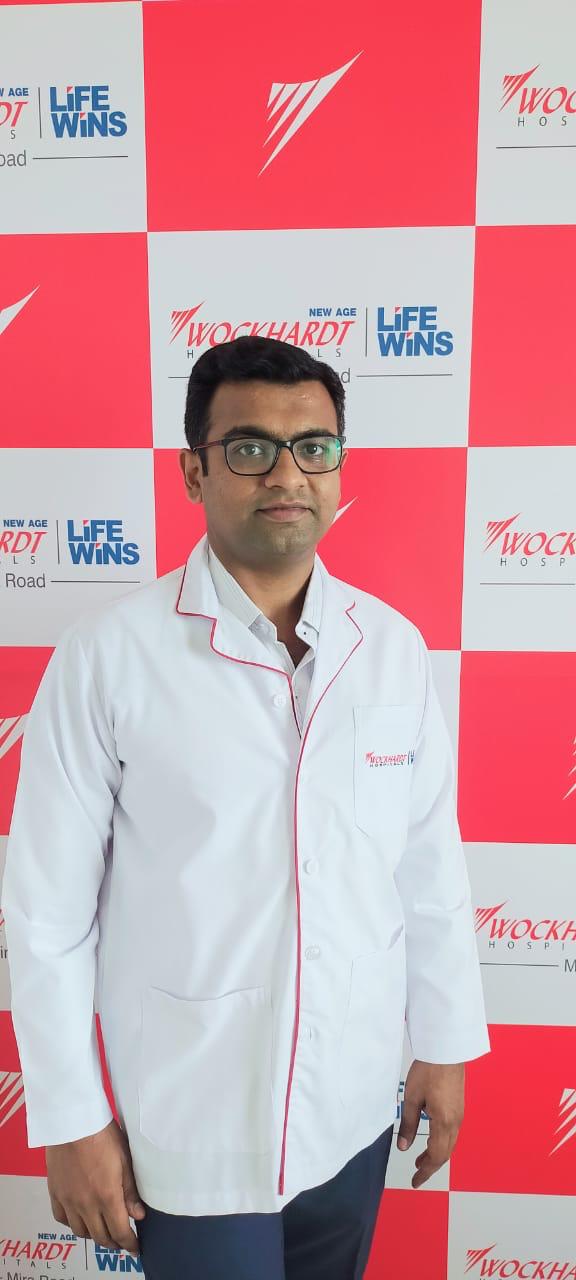40% of health outcomes can be determined through achieving equity in Social Determinants – IIHMR University on World Health Day
Conducts a talk on ‘Transforming Public Health Education in Developing Nations’ under the SD Gupta School of Public Health Integration of non-communicable diseases in primary health care Contribution for health systems and social protection Building capacities

Conducts a talk on ‘Transforming Public Health Education in Developing Nations’
under the SD Gupta School of Public Health
|
There is a dire need for Public Health Education to produce high-quality Public Health professionals. The Evolution for Public Heath that dates to the 19th century marks a conscious shift from medical health to Public Health education. To highlight the prime needs of Public Health as a discipline to be incorporated in the curriculum and must be considered more seriously in Developing Nations, IIHMR University organized a talk on ‘Transforming Public Health Education in Developing Nations. The experts Padmabhushan Dr. Srinath Reddy, President, Public Health Foundation of India and Dr. SD Gupta, Chairman, IIHMR University presented their views. Dr. D. K. Mangal, Dean Research at IIHMR University, moderator of the programme, and summarized their views by stating that there is a need of addressing changing requirements of public health education in India and also in developing nations.
Dr. Ashok Agarwal, Trustee, IIHMR, underlining the contribution by IIHMR and the need for Public Health Education, said, “IIHMR has a different approach where the institution began working and thinking about the specialist areas of public health. University has made a tremendous contribution in its research towards Polio Eradication. It has been working on the area of Public Health with an emphasis on implementation level in management practices. IIHMR University has been an apex institution in the field of Public Health, Training, Research and Academics. COVID-19 has exposed the acute need for further research as well as training in Public Health. To address, IIHMR University has recently launched the SD Gupta School of Public Health (SDG-SPH).”
Padma Bhushan Prof (Dr) K Srinath Reddy, President, PHFI, said, “To look at how Public Health Education has to be shaped in the rest of the 21st-century, one must address the need of Public Health. It is essential to see how Public Health has evolved in the last 100 plus years in terms of the concept of education and its configuration. Public Health is the overarching discipline that cannot be confined to medicine and health as it is the broadest bridge between science and society. It is necessary to integrate and address various determinants at the individual level, health system level and community level. Equity can be addressed through both ways-horizontal equity and vertical equity. Management Education incorporates the entire cascade of the health sector and it must be managed with efficiency and equity. Therefore, management education in the Public Health discipline is important.”
Dr. SD Gupta, Chairman, IIHMR University, said, “Transformation of Public Health can be led by equity. While the primary points of inequalities have been persistent such as lack of accessibility, affordability, poverty, lack of education, inequitable distribution of income, livelihood, lack of proper nutrition. These gaps have caused major concerns in the health sector. We have been able to fill the gaps for maternal mortality and child mortality to date; however, nutrition has been a challenge. This is primarily due to the above factors playing a huge role.” He further laid stress on promoting four critical actions from global health leadership which are working together, improving data collection, Identifying and tackling the root cause of inequities and act beyond borders by sharing resources such as testing kits, treatment drugs, and vaccinations with low-income countries.
Dr. SD Gupta mentioned that “It is important to bridge the gap in these inequities and see a larger picture of health highlighted by Sustainable Development Goals with a special focus on the aspect of Universal Health Coverage. The focal point is the increase in the out-of-pocket expenditure of any individual and how to curb this expenditure. COVID-19 pandemic has unfairly impacted the health sector, especially the GDPs worldwide where poverty has increased phenomenally, and loss of jobs has also been massive. This World Health Day is calling for action for reducing health inequities. The campaign highlights that health is a fundamental right of every individual irrespective of their religion, caste, creed, and even their country. The talk that has been arranged specifically focuses on the theme of ‘Building a fairer, Heathier World’ by the World Health Day which is largely celebrated world over.”
Dr. Mangal, Dean Research, IIHMR University moderated the talk and emphasized on the need for developing a public health cadre.
Health is not about the absence of diseases it is much more, it means there is a need for clean water and sanitation, air, etc where people need to live a healthy and productive life. Social determinants of health are important to measure inequities. We need to establish a relationship with the social determinants. Only 40% of the health outcomes can be determined through social determinants. A larger perspective is needed for a healthier world. This can be achieved through public health education. India and the rest of the world must be fair and equitable. Accelerate equitable access to COVID-19, implementation of technologies, testing, treatment, diagnostics, data distribution in the logistics of the commodities etc are needed.






